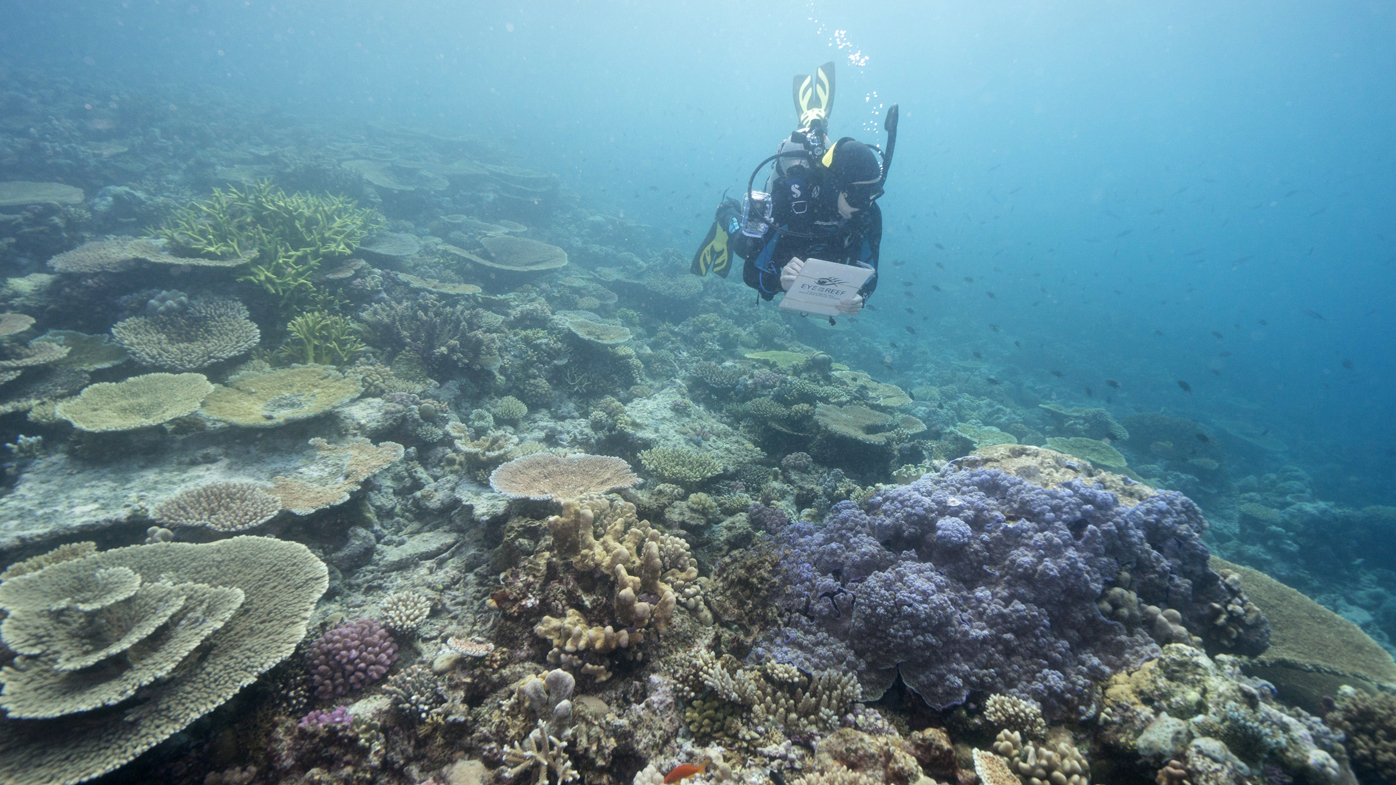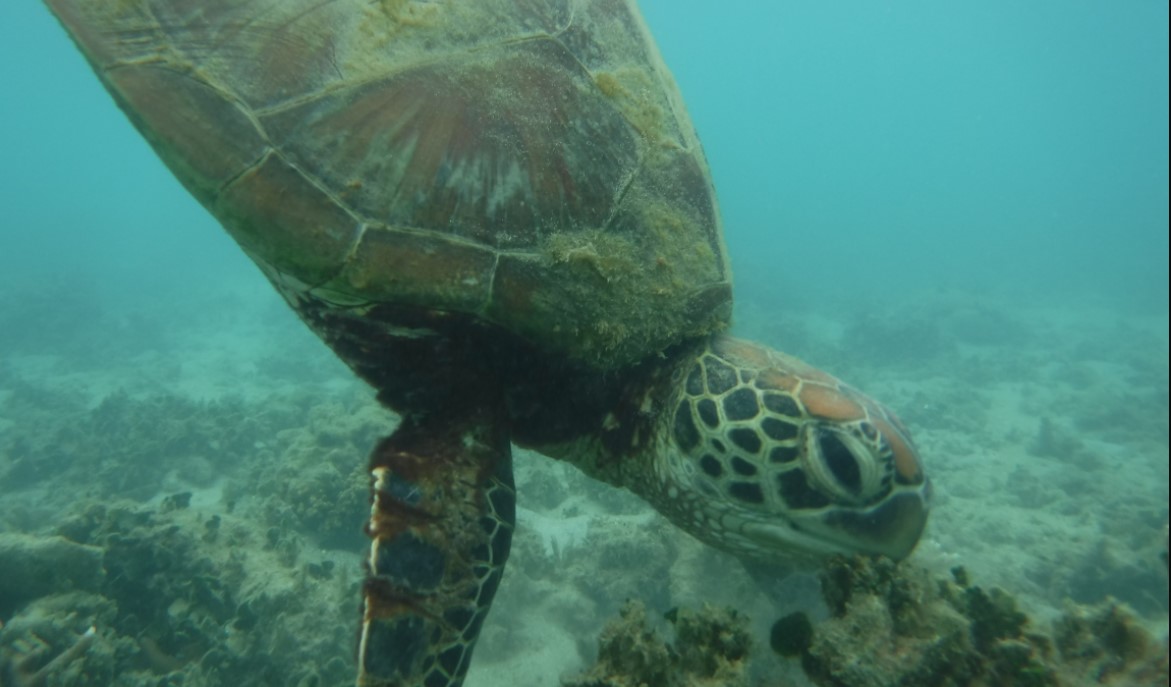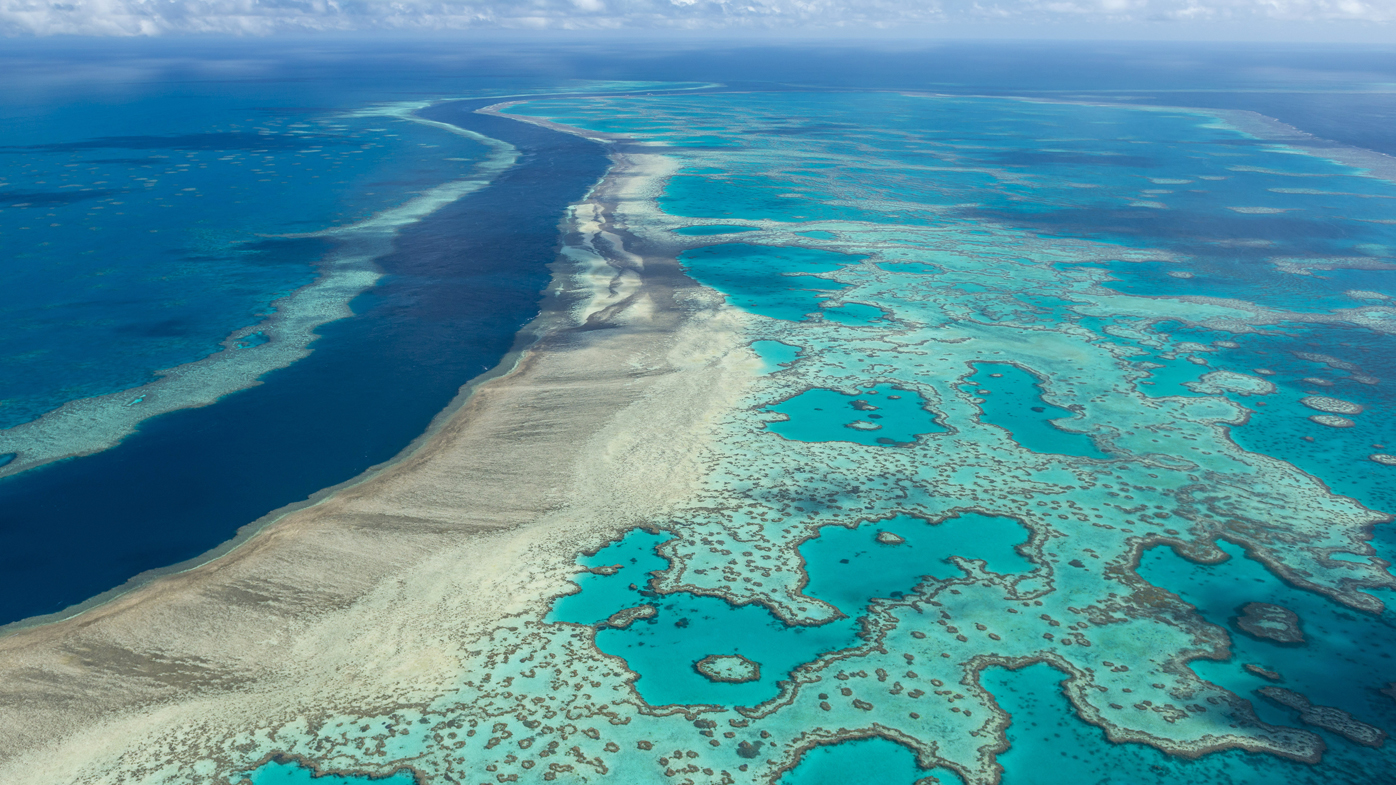A United Nations-backed delegation has recommended the Great Barrier Reef be listed as "in danger", citing serious risks from climate change and water quality.
Two scientists who visited Australia earlier this year to assess the state of the World Heritage Listed habitat described climate change as an "increasingly serious challenge" made worse thanks to water quality issues.
In a report published overnight, they praised progress towards better protecting the reef and described management plans as "comprehensive and thorough".
READ MORE: Driver jailed for teen's Bribie Island beach crash death

But they dinged the strategies for lacking clear climate change targets and for not having been fully implemented, particularly when it came to water quality and fishing.
They also cited repeated coral bleaching in finding the reef faced "major threats".
"The mission team concludes that, despite the unparalleled science and management efforts made by the state Party in recent years, the [Outstanding Universal Value] of the property is significantly impacted by climate change factors," the authors wrote.
"The resilience of the property to recover from climate change impacts is substantially compromised, in particular – but not exclusively – due to degraded water quality."
In her response to the report, federal Environment Minister Tanya Plibersek stressed that the monitoring mission took place while the Morrison government was still in power and stressed Labor's "significant steps forward on climate".
Eleanor Carter from the International Union for Conservation of Nature and Hans Thulstrup from the The United Nations Educational, Scientific and Cultural Organization (UNESCO) travelled to Australia from March 21 to 2022 and met with a range of politicians, public servants, experts and traditional owners.
The visit to assess efforts to protect the reef came after Australia narrowly headed off recommendation for the UNESCO World Heritage Committee to add the reef to its "in danger" list.
READ MORE: WHO to rename monkeypox as 'mpox' over racist language concerns

The two-scientist mission's recommendation for the reef to be listed as "in danger" is not the committee's final finding, but it will be considered by the committee before a decision expected next year.
Along with their concerns for the state and trajectory of the reef, the authors included a list of 10 urgent recommendations and 12 additional measures to improve management efforts.
The high priority measures include adding "clear government commitments to reduce greenhouse emissions consistent with the efforts required to limit the global average temperature increase to 1.5°C above pre-industrial levels" to the Reef 2050 plan.
READ MORE: Woman who died in workplace incident at Woolworths remembered by loved ones

Federal Labor moved quickly to increase Australia's emissions reduction targets after forming government earlier this year but even its 43 per cent reduction by 2030 is still in line with 2 degrees of warming, according to Climate Analytics' Climate Action Tracker.
The scientists also want improvements to waterway management, water quality targets, fisheries strategies and financial support to adapt to climate change.
"Climate change is an ongoing and increasingly serious challenge to the OUV of the property," they wrote.
"The GBR has suffered a series of widespread coral bleaching events, occurring with increasing frequency, including four events over the last seven years. "A new mass bleaching of the property occurred during the mission team's visit and took place, for the first time in history, in a traditionally cooler La Nina period."
Federal Environment Minister Tanya Plibersek and special envoy for the Great Barrier Reef Nita Green said there'd been "constructive dialogue with UNESCO" since the monitoring mission.
READ MORE: Masks reintroduced across two South Australian schools amid surge in COVID-19 infections
"We understand that the people who live and work on the reef might find the report alarming," they said, in a joint statement.
"It's important to note this is not a UNESCO proposal for listing the Reef as 'in danger'.
"This is a technical report and the World Heritage Centre is yet to make a recommendation, which would be considered by the World Heritage Committee."
The report's authors also noted concerns from people with livelihoods linked to the reef, particularly from those in the tourism sector who feared it would send the message the popular attraction was "dying".
But it said listing the reef as "in danger" would allow recognition of the threats and give Australia a chance to become a world leader in this type of conservation.
Queensland Environment Minister Meaghan Scanlon said both state and federal governments were heeding the report's call for "ambitious, rapid and sustained" action to protect the reef.
"Since this report was written, things have changed," she said, in a statement.
"We finally have a government in Canberra working with Queensland and acting on climate change."
from 9News https://ift.tt/jL5uVRr
via IFTTT
Comments
Post a Comment